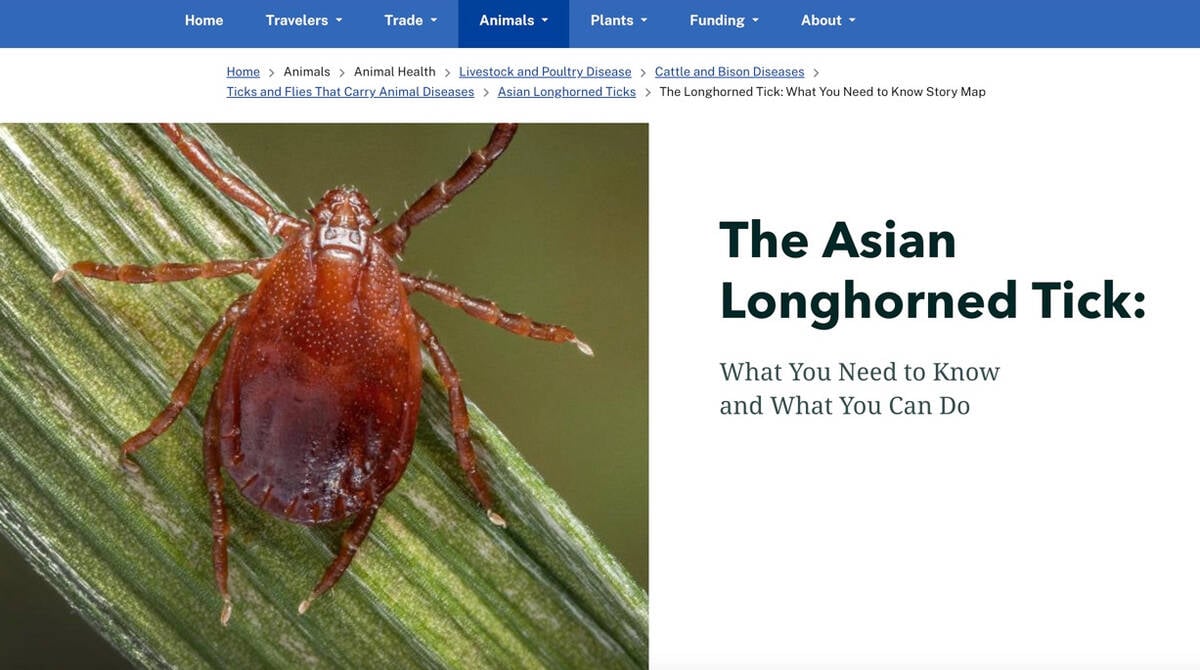The federal government is misleading Canadians by suggesting its new Safe Food for Canadians Act is anything of the sort, says University of Manitoba food science professor Rick Holley.
It is an enhanced food inspection bill that does little to deal with some underlying food safety issues in Canada, he told a Senate committee studying bill S-11, the Safe Food For Canadians Act, Sept. 27.
“This bill will not make all food safer,” he said. “Do not be deluded by the title.”
Holley argued that real food safety comes from prevention rather than enhanced inspection but since statistics about what causes food-borne illness over time are not collected systematically and the bill does not deal with that, regulators do not know what rules to put in place to make the food system safer.
Read Also

New World screwworm not seen as trade threat
Canadian cattle producers shouldn’t be worried about the New World screwworm, which has become a massive concern for ranchers in Mexico and is threatening the southern United States
Reaction to well-publicized food contamination outbreaks does not deal with the underlying issues of regular food contamination issues, he said.
Holley also argued that because the federal legislation will deal only with federally regulated food plants or imports and not provincial or municipally regulated plants, they will miss a significant part of the food Canadians consume.
“They will not affect roughly 50 percent of the food that is consumed by Canadians,” he said. “How responsible is this action?”
On the day Holley appeared on Parliament Hill, the meat industry and regulators were struggling to deal with an E. coli 0157:H7 contamination problem traced to a southern Alberta meat processing plant.
The Canadian Food Inspection Agency ordered a massive product recall and the temporary closing of the Brooks, Alta. plant.
Holley said it illustrates the problem of different tiers of food safety rules.
“If that contamination had been found at a provincial plant, the beef would not have been recalled because Health Canada does not have a zero tolerance policy,” he said.
There is no mandatory recall rule at provincially regulated plants, he said. “E. coli 0157:H7 probably has a greater risk to exist in provincially inspected meat than in federally inspected meat because the federally inspected plants have a HACCP (Hazard Analysis Critical Control Point) program required but it is just recommended at the provincial level,” said Holley.














